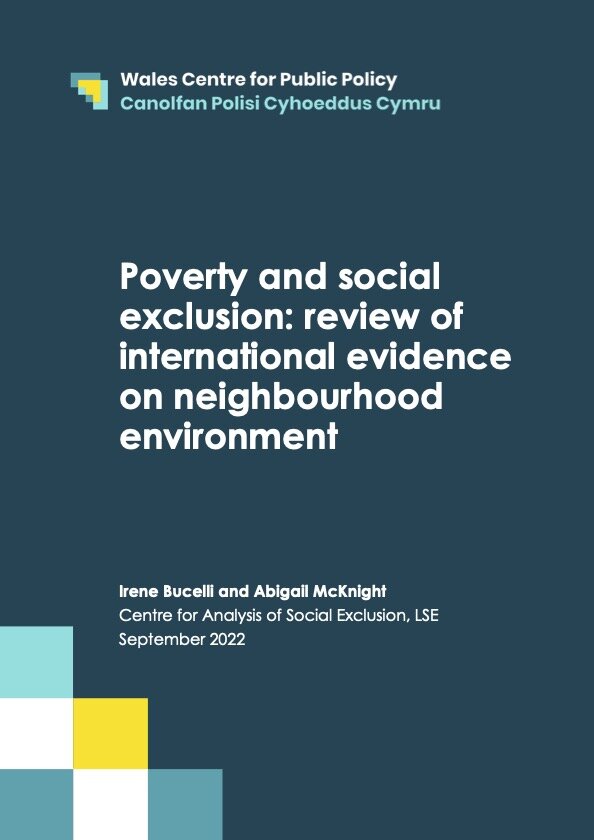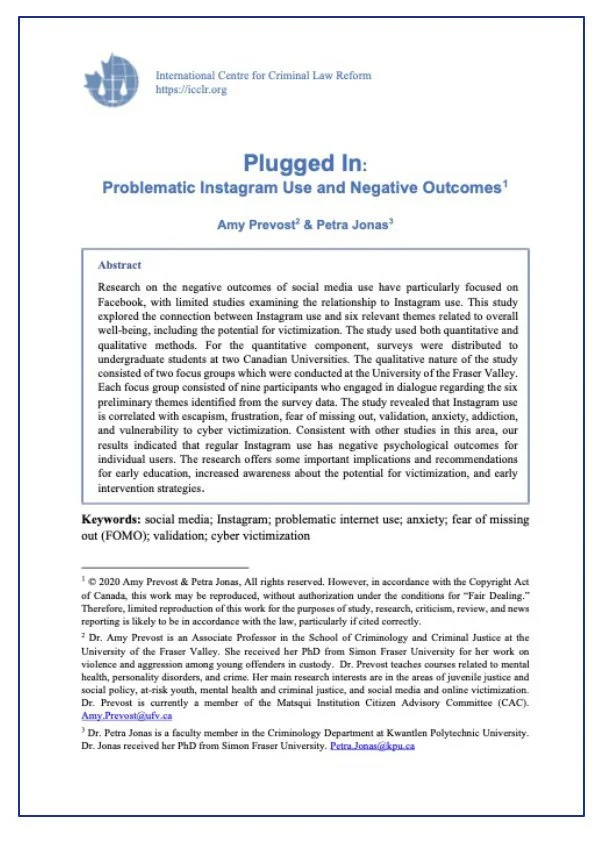By Etchenique, Nicolas Cimarra
From the document: "While great power competition is the domain of geopolitics, democratic resilience mostly concerns domestic politics. President Biden has defined the domestic political challenges to democracy in the U.S. as a 'battle for the soul of the nation'. This narrative correlates with the 'battle between democracy and autocracy' that takes place at the geopolitical level. Rising distrust in government and society, polarization and illiberalism are particularly relevant to the international position of Washington and its soft power, as they are compromising democratic stability within the U.S. The paper will be divided in two parts: a diagnosis, called 'the global maelstrom of distrust', and a policy proposal, called 'the lighthouse of democracy'. The diagnosis focuses on the cumulative effect of three sets of challenges to democracy: a) great power competition and the authoritarian offensive against democracy, b) the rise of polarization and illiberalism, and c) the impact of social media and AI on democracy. This section of the paper will argue that these sets of challenges feed on distrust and amplify it. Furthermore, they have evolved into a series of cycles of distrust within democracies and into a great geopolitical cycle of distrust. Finally, the entanglement and feedback loops among the domestic and the geopolitical cycles of distrust have generated a cohesive threat to democracy. This threat is represented by a downward spiral that is pulling societies and the global community towards enmity. It feeds on and generates destructive human emotions, such as outrage and hatred, which include a strong irrational and unconscious dimension, and thus leads to violence, war, and autocracy."
Belfer Center for Science and International Affairs. 2023.





















